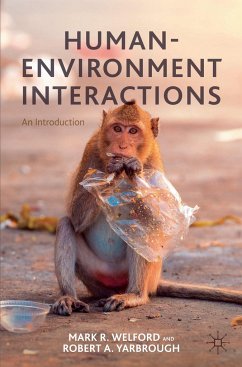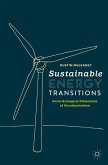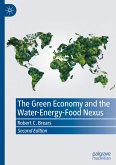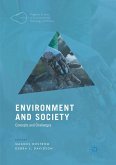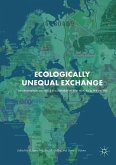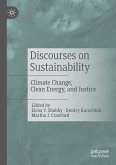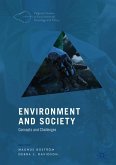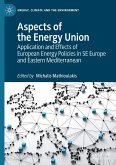This textbook explores the growing area of human-environment interaction. We live in the Anthropocene, an era dominated by humans, but also by the positive yet destructive environmental feedbacks that are poised to completely reset the relationships between nature and society. Modern and historic political, social, and cultural processes and physical landscape responses determine the intensity of these impacts. Yet different cultural groups, political and economic entities view, react to, and impact these human-environmental processes in spatially distinct and divergent ways.
Providing an accessible, up-to-date, approach to human-environment interactions with balanced coverage of both social and natural science approaches to core environmental issues, this textbook is an integrative, multi-disciplinary offering that discusses environmental issues and processes within the context of human societies. The book begins by addressing the three most pressing issues of our time: climate change, threshold exceedance, and the 6th mass extinction. From there the authors identify within chapters on resources, population, agriculture and urbanization what precipitated and continues to sustain these three issues. They end with a chapter outlining some practical solutions to our human-environment crises.
The book will be a valuable resource for interdisciplinary environment related courses bridging the gap between the social and natural sciences, human geographies and physical geographies.
Providing an accessible, up-to-date, approach to human-environment interactions with balanced coverage of both social and natural science approaches to core environmental issues, this textbook is an integrative, multi-disciplinary offering that discusses environmental issues and processes within the context of human societies. The book begins by addressing the three most pressing issues of our time: climate change, threshold exceedance, and the 6th mass extinction. From there the authors identify within chapters on resources, population, agriculture and urbanization what precipitated and continues to sustain these three issues. They end with a chapter outlining some practical solutions to our human-environment crises.
The book will be a valuable resource for interdisciplinary environment related courses bridging the gap between the social and natural sciences, human geographies and physical geographies.

